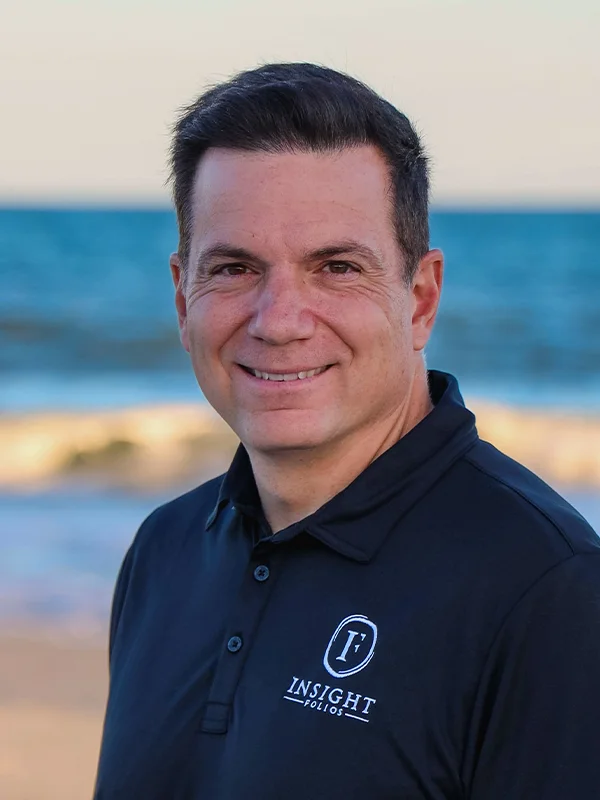The Olympics are about to start in Rio, and while all of us watch and read about the athletes competing for gold — we can be learning some valuable lessons, too. It turns out the characteristics needed to become an Olympic athlete are pretty similar to those needed to become wealthy.
Q: How do Olympic sports translate to things like investing or retirement planning?
• None of these athletes are overnight sensations. They’ve all been working towards this for years
• When it comes to money, relying on a get rich quick scheme or hitting the lotto probably aren’t the best ways to secure the financial futures of ourselves or our kids, so we need to invest time, also.
Olympic Athletes are well coached
• Even the most decorated swimmer of all time, Michael Phelps, relies on a hall of fame coach, who says sometimes the only way to improve is with coaching. (source: WRAL sports )
• A credible financial professional can help you make a game plan and coach you through changes to help you achieve your goals.
• In fact, according to a recent retirement study, people who work with a financial advisor are more confident they’ll be able to live the retirement lifestyle they want and are actually more involved in monitoring and managing their savings. (source if you choose to use stat: (Prudential )
Olympic Athletes think big
• One gold medal isn’t enough for decathlete Ashton Eaton. He thinks big, and working to defend his title and win another gold as the world’s best athlete.
• When it comes to finances we should be thinking big, as well. Imagine that dream retirement and work toward it.
• Take advantage of free money from employee match 401k options, but don’t stop there.
• Build up your savings and work towards putting 15% of your income away by increasing your savings by 1% every year or with every raise you get.
Olympic Athletes handle adversity
• Gold medal winning gymnast Gabby Douglas has battled injuries; says her family was homeless at one point; and was so homesick she almost quit gymnastics before the 2012 Olympics. (source: Christianity Today )
• You will run into conflict with your finances as well from an unexpected medical bill, an emergency home repair or even loss of a job. An emergency fund can help you deal with this adversity.
• I recommend my clients have 3-6 months’ worth of income in a dedicated emergency fund.
Olympic Athletes are often learning machines at an early age
• Four-time Olympic gold medalist Missy Franklin learned to swim at age 5 and competed in her first Olympic trials at age 13. (source: swimswam )
• In a recent survey, 42% of teens said they don’t consider themselves “financially fit.” But here’s the good news – they’re eager to learn more about money management. (Source: H&R Block Survey.)
• Teenagers aren’t too young to learn about budgeting, saving and investing. Research shows that those who start saving at age 16 are more likely to be saving at age 34. (Source: U.S. News & World Report.)
Olympic Athletes are very disciplined
• It takes an incredible amount of discipline to be in the running for the most medals ever by a female American track athlete. Allyson Felix trains 4 ½ hours a day, six days a week and must consume 3-thousand healthy calories a day. (source: Motley Health )
• Making a budget is crucial, and having the discipline to stick to it is the golden rule in finance.
• You need to make sure you aren’t spending more than you should and you are investing the amount you’ve committed to.
